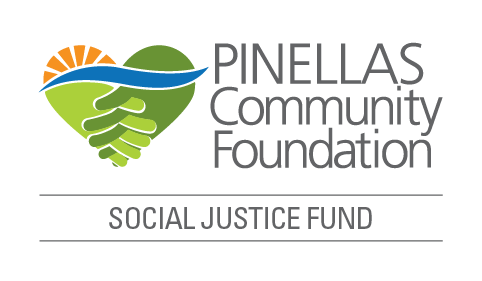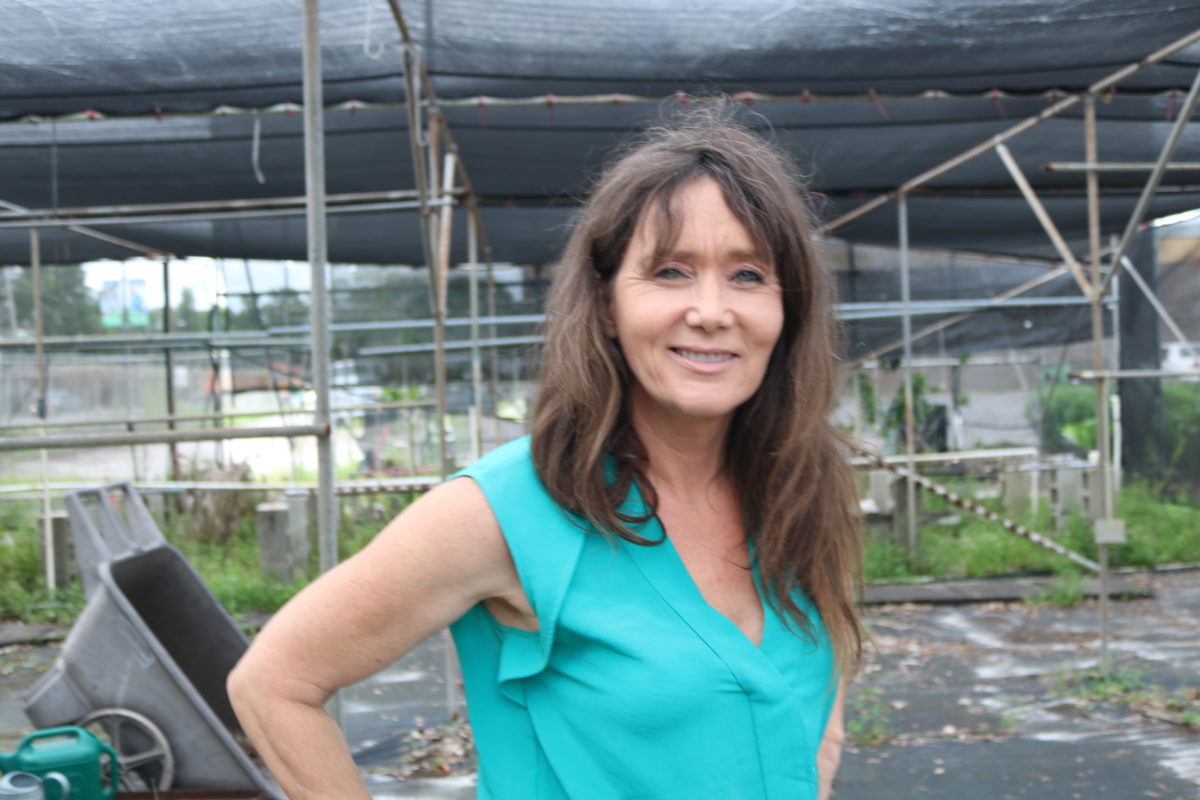J.A. Jones
Like other cities, St. Pete is struggling with a lack of affordable housing and steadily increasing rents and food prices, but one organization is bringing community-driven solutions to these issues. Venture Philanthropy Fund’s shared services program has helped Judith Turner and Florida CEED (Cooperative Empowered Economic Development Corp) reach more people through website design and project support.
“Everybody knows co-ops are good. We don’t even know why – but we know they’re good,” Turner shared recently from her office at Pinellas Technical College’s newly established Food Systems Technology Center (FSTC).
A co-op is defined as “an autonomous association of persons united voluntarily to meet their common economic, social, and cultural needs and aspirations through a jointly-owned and democratically-controlled enterprise” (The International Co-operative Alliance).
Florida CEED’s website lists the seven cooperative international principles: 1: Voluntary and open membership; 2: Democratic member control; 3: Member economic participation; 4: Autonomy & Independence; 5: Education, Training, Information; 6: Cooperation among co-ops; and 7: Concern for community.
Florida CEED — along with the FSTC’s resident organization, the Sustainable Urban Agriculture Coalition (SUAC) — will soon be holding hold courses in PTC’s newly developing Food Systems Technology Center.
PTC’s former Managing Officer of Workforce Innovation Carl Lavender Jr. shared, “Pinellas Technical College is consistent in our plans to advance workforce and build a strong local economy. Florida CEED has a similar mission, with a vision for strong entrepreneurship for the City. Our collaboration is seamless.” He added that both organizations have well-thought-out strategies to help develop the future of St. Pete.
CEED will be offering workshops at PTC including Housing Co-ops are Corporations Too (Sept. 20), Co-op Garage Workshop (Oct. 8), and on September 3, CEED begins an eight-week course called Cooperative Entrepreneurship which will help people already thinking about starting a business form a co-op.
The organization also offers stand-alone classes at St. Pete Greenhouse, including Introduction to Youth-Owned Cooperatives, Introduction to the Cooperative Business Model, and Steps to Starting a Grocery Co-op.
Turner herself has a background in construction; she holds four state licenses as a contractor. “I got into construction and fell in love with it.” Her construction management company took first place in Tampa Bay Business Journal’s 2013 Fast 50, and she won SBDC’s (Small Business Development Center) first place award for 2014 Veteran Small Business of the Year (in her past she was also an armor, managing combat arms in the U.S. Army National Guard).
But after 12 years, when the building where her office was located since 2005 was torn down, she found herself ready for a new passion.
Co-operative business development was the answer. “I’ve always been interested in co-operative economics but didn’t know how to find information on it.” She went searching on Google and read everything she could on the topic. She found a training program designed and created for the U.S.D.A. — which is itself a huge advocate for cooperatives and offers grants for agricultural co-op programs. “30 percent of all our agriculture is delivered through cooperatives,” she noted.
She enrolled in the program and immediately knew it was what she wanted to do. “After the first leg of training, it really changed my life.” She began to petition St. Pete Greenhouse to allow her setup trainings to share what she was learning; they agreed.
Councilman Steve Kornel’s early interest and support also encouraged her. “He called me on the phone and talked to me for over an hour about how co-ops worked, just wanting to know more and more.” Turner believed Kornel’s interest was indicative of St. Pete’s interest in co-ops.
And the community’s interest also let her know she was on the right track.
“I had been familiar with Brother John’s work with the New Deal and I knew that they were talking a lot about a grocery co-op and cooperative economics — and in their surveys, they found people really wanted cooperative development.” Realizing she could assist them with the “transactional aspect of how you do this,” she joined on the journey toward creating the grocery co-op.
Turner acknowledged there is a lot that makes setting up a co-op a challenging task. St. Pete’s grocery co-op is still in stage one of development, but moving forward, having incorporated, adopted bylaws, established their mission and vision statements, and settled on a name: The One Community Grocery Co-op.
Florida-CEED has given the city presentations on the benefits of cooperative business development and how cooperatives could help in creating an affordable housing model. Turner is excited about the city’s growing interest in co-ops, and believes St. Pete is the perfect city for doing more cooperative business.
“This is the right place to be if you love co-ops and want to develop co-ops – in a responsive city, with people that want cooperative economics.”
And if the current economic climate indicates the new status quo for a majority of Americans, co-ops may be our only way forward.
For more information on Florida CEED, visit http://www.floridaceed.org.






